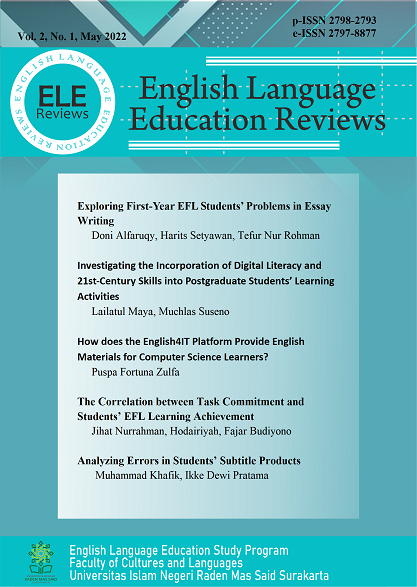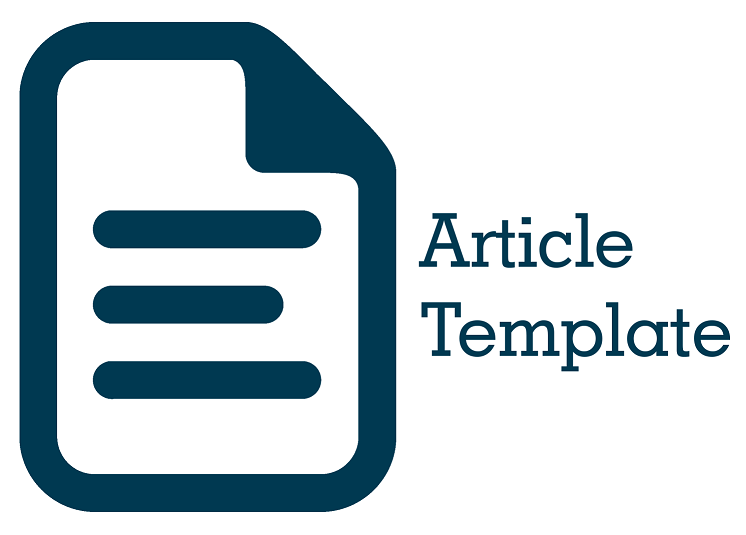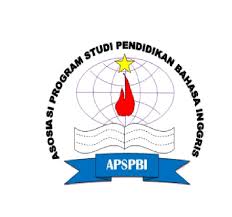How does the English4IT Platform Provide English Materials for Computer Science Learners?
DOI:
https://doi.org/10.22515/elereviews.v2i1.5147Keywords:
English4IT platform, English materials, computer science learners, online learningAbstract
During the COVID-19 pandemic, the learning process shifted from face-to-face to online learning. English4IT is one of the platforms that can support the success of the online learning process. This study aims to investigate and describe the use of the English4IT platform to assist the English learning process for computer science learners. The platform contains materials suitable for computer science learners’ needs, including vocabulary, four main English skills, and practical activities, either synchronous or asynchronous. This descriptive qualitative study gathered the data from the contents of the English4IT platform. The data were then analyzed qualitatively by applying the platform and comparing the findings with previous studies and existing theories. This study’s novelty lies in its originality since a deep investigation of this platform has not been conducted by any previous researchers. The findings indicated that the use of this platform could effectively assist the students in learning English and motivate them to join. Various materials provided adequate teaching materials and references for computer science learners. The activities could enhance the students’ progress in each skill, and the re-do feature made it easier for learners to correct their mistakes. This study implies that the English4IT platform is recommended as an alternative way to teach English to computer science students. Before using this platform, it is recommended to recognize the strengths and weaknesses so that the English teachers can use it effectively.
Downloads
References
Ahmadi, Dr. M. R. (2018). The Use of Technology in English Language Learning: A Literature Review. International Journal of Research in English Education, 3(2), 115-125. https://doi.org/10.29252/ijree.3.2.115
Amin, F. M., & Sundari, H. (2020). EFL students’ preferences on digital platforms during emergency remote teaching: Video conference, LMS, or messenger application? Studies in English Language and Education, 7(2), 362-378. https://doi.org/10.24815/siele.v7i2.16929
Bardone, E., Raudsep, A., & Eradze, M. (2022). From expectations to generative uncertainties in teaching and learning activities: A case study of a high school English teacher in the times of COVID-19. Teaching and Teacher Education, 115. https://doi.org/10.1016/j.tate.2022.103723
Bigelow, S. J. (2021). Platform. https://www.techtarget.com/searchitoperations/definition/platform
Council of Europe. (2022). Common European Framework of Reference for Languages (CEFR). https://www.coe.int/en/web/common-european-framework-reference-languages/level-descriptions
English4IT. (2022). English for information technology. https://www.english4it.com
Gilakjani, A. P. (2017). A Review of the literature on the integration of technology into the learning and teaching of English language skills. International Journal of English Linguistics, 7(5), 95-106. https://doi.org/10.5539/ijel.v7n5p95
Gridasova, V., Ivanovaite, A., & Pouyioutas, P. (2008). The pilot implementation of the EIT (English for Information Technology) e-learning portal. In Proceedings of IADIS International Conference (pp.22-25).
Hussein, G. (2015). A content analysis evaluation of the journal of Teaching English with Technology (TEwT) between the years of 2008 & 2013. Procedia - Social and Behavioral Sciences, 191, 31-36. https://doi.org/10.1016/j.sbspro.2015.04.675
Johns, A. M. (2013). The history of English for specific purposes research. In B. Paltridge & S. Starfield (Eds.), The handbook of English for specific purposes (pp. 5-30). A John Wiley & Sons, Ltd.
Kellogg, R. T. (2008). Training writing skills: A cognitive developmental perspective. Journal of Writing Research, 1(1), 1-26. https://doi.org/10.17239/jowr-2008.01.01.1
Kobis, D. C., & Tomatala, M. F. (2019). The utilization of English4IT website in improving computer major students’ English competence. In Proceedings of the 4th International Conference of Vocational Higher Education (pp.222-231). https://doi.org/10.5220/0010622900002967
Marcu, N. A. (2020). Designing functional ESP (English for Specific Purposes) courses. Procedia Manufacturing, 46, 308-312. https://doi.org/10.1016/j.promfg.2020.03.045
Marra, M. (2013). English in the workplace. In B. Paltridge & S. Starfield (Eds.), The handbook of English for specific purposes (pp. 175-192). A John Wiley & Sons, Ltd.
Parkinson, J. (2013). English for science and technology. In B. Paltridge & S. Starfield (Eds.), The handbook of English for specific purposes (pp. 155-173). A John Wiley & Sons, Ltd.
Prokopyuk, O. V. & Shpudeiko, L. N. (2016). English 4 IT: a manual on the development of the main types of speech activity in English for students of the FEIS specialties of daytime and evening forms of education. BrGTU.
Rahman, M. (2015). English for Specific Purposes (ESP): A holistic review. Universal Journal of Educational Research, 3(1), 24-31. https://doi.org/10.13189/ujer.2015.030104
Ramdhani, A., Ramdhani, M. A., & Amin, A. S. (2014). Writing a literature review research paper: A step-by-step approach. International Journal of Basic and Applied Science, 3(1), 47-56.
Roesler, D. (2021). When a bug is not a bug: An introduction to the computer science academic vocabulary list. Journal of English for Academic Purposes, 54, 101044. https://doi.org/10.1016/j.jeap.2021.101044
Saliu, B., & Hajrullai, H. (2016). Best practices in the English for specific purpose classes at the language center. Procedia - Social and Behavioral Sciences, 232, 745-749. https://doi.org/10.1016/j.sbspro.2016.10.101
Vonog, V. V., Batunova, I. V., & Kolga, V. V. (2021). Digital platforms and tools used in the system of teaching English. SHS Web of Conferences, 113, 00019. https://doi.org/10.1051/shsconf/202111300019
Waluyo, B. (2019). Thai first-year university students’ English proficiency on CEFR levels: A case study of Walailak University, Thailand. The New English Teacher, 13(2), 51-71.
Yüksel, G., & Kavanoz, S. (2011). In search of pre-service EFL certificate teachers’ attitudes towards technology. Procedia Computer Science, 3(2), 666-671. https://doi.org/10.1016/j.procs.2010.12.111
Downloads
Published
How to Cite
Issue
Section
Citation Check
License
Copyright (c) 2022 Puspa Fortuna Zulfa

This work is licensed under a Creative Commons Attribution-NonCommercial 4.0 International License.
Authors retain copyright and grant the journal right of first publication with the work simultaneously licensed under a Creative Commons Attribution License that allows others to share the work with an acknowledgement of the work's authorship and initial publication in this journal.
This ejournal system and its contents are licensed under
a Creative Commons Attribution-NonCommercial 4.0 International License








